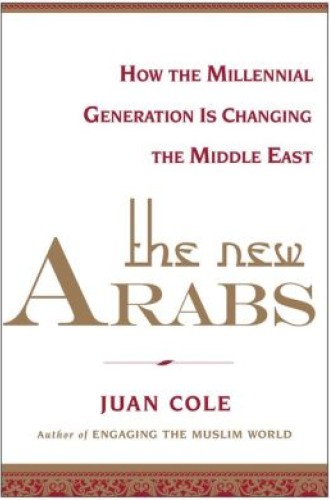The New Arabs, by Juan Cole
January 2011. “Mubarak next,” said one of our church security guards when news reached us that autocrat Ben Ali had fled Tunisia for safety in Saudi Arabia. The guard was only half joking. I had been working in Egypt for eight years by that time, serving as the rector of St. John’s Episcopal Church in the southern part of Cairo.
The week the revolution began in Egypt I started monitoring the Facebook site “We are all Khaled Said,” dedicated to a young Egyptian man arrested for no apparent reason and brutally murdered by police the previous summer. Under emergency law in Egypt this could happen to anyone. A few days after the first Tahrir Square protest, I came out of our Friday morning worship service to find my cell phone texting and Internet connection disabled. The government had severed communications countrywide, hoping to prevent the spread of revolutionary crowds. Instead more people flooded into the streets; momentum was building.
Downtown, violence escalated as riot police subdued peaceful protesters with tear gas, water cannons, and rubber bullets. Later an Egyptian friend told me he had helped carry off nine people killed that day, one shot in the head by a sniper just yards away from him while he stood his ground, expecting to die as bullets sprayed round his feet.





